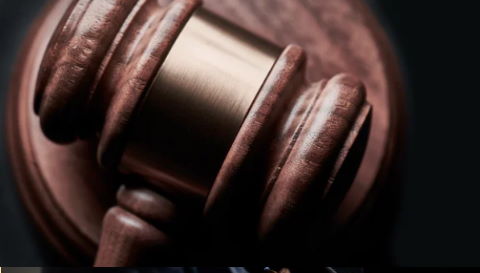
“Fluor Says Bombing Case Could Be ‘Undone’ Without Judge Switch” —
- “Fluor Corp. asked a federal judge to reconsider her decision not to transfer an Afghanistan bombing lawsuit to another judge in the same district because of a conflict of interest, asserting that it will preserve the matter for appeal if the transfer doesn’t happen.”
- “The plaintiff in this case, Winston Hencely, sued in February 2019 alleging Fluor didn’t do enough to stop a suicide bombing attack in 2016. Other related cases filed with the court this year—now 13—were also assigned to Judge Bruce H. Hendricks.”
- “Hendricks transferred those cases to Judge Joseph Dawson III, on May 3 because of a presumed conflict, but kept the Hencely case.”
- “Hendricks denied Fluor’s motion to transfer the Hencely case in a May 12 text order, stating there was no conflict of interest from an attorney and niece-by-marriage who was working on the transferred cases. Hendricks said there was no close relationship with the attorney, and that transferring the case after two years would be highly inefficient.”
- “Fluor’s reconsideration motion here said Hendricks didn’t fully consider a conduct rule requiring mandatory disqualification if a person within the third degree of relationship with the judge is known by the judge to have an interest that could be substantially affected by the outcome of the proceeding.”
- “Hendricks improperly relied on a subjective analysis of the per se conflict instead of confronting the mandatory nature of the rule, Fluor said.”
“Judicial Ethics Opinion 21-39 [March 26, 2021]” —
- “This responds to your inquiry (21-39) asking about your ethical obligations if your law clerk’s second degree relative obtains employment with a local law firm as an attorney.”
- “The Committee has previously advised that a judge is not required to disqualify him/herself when an attorney who is a relative of the judge’s law clerk within the fourth degree of relationship appears in the judge’s court. Instead, the judge must disclose the relationship and advise that the law clerk will be insulated from the attorney and their law firm’s cases. After disclosure, if a party objects to the judge’s continued participation, the judge has the sole discretion to exercise recusal.”
- “If the attorney/relative is in private practice, the judge’s disclosure obligation extends to the attorneys’ partners and associates. However, if the attorney/relative appears on behalf of a public law office, the judge’s obligation is limited to only those cases where the attorney actually appears or has had some involvement, such as a supervisory role, in the case.”
